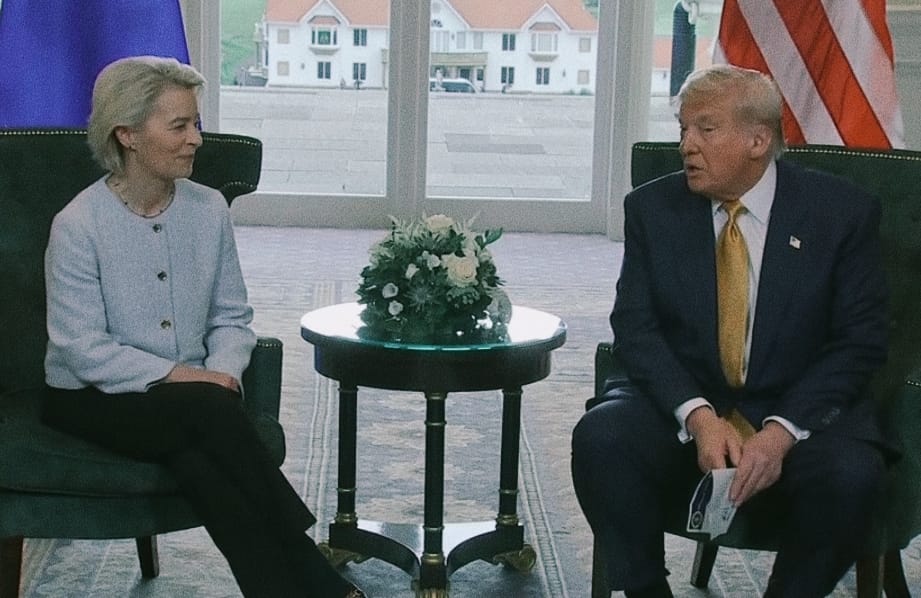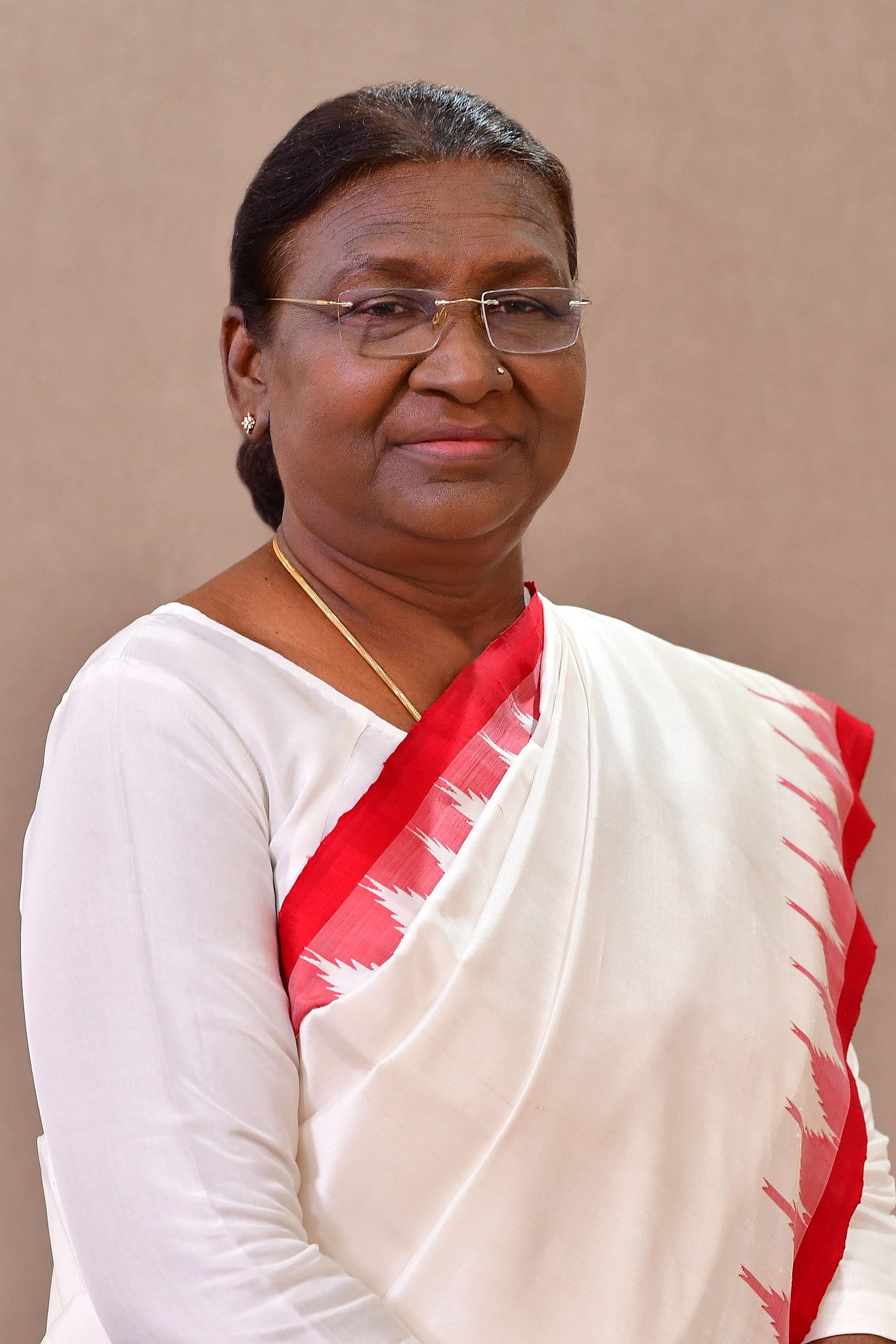The Central Ministry of Home Affairs has taken the West Bengal government to the Supreme Court, accusing it of non-cooperation. On Tuesday, the central government informed the apex court that the state government had failed to provide adequate accommodation and food for the Central Industrial Security Force (CISF) personnel deployed at RG Kar Medical College following the tragic incident involving the rape and murder of a young doctor. The Ministry, headed by Amit Shah, claimed that the state government led by Mamata Banerjee had not made even the most basic arrangements for the CISF personnel stationed there. Furthermore, essential security equipment such as metal detectors had also not been provided.
In a sworn affidavit submitted to the Supreme Court, the central government described the situation as “unforgivable.” On August 9, the body of a young female doctor was discovered in the seminar room of RG Kar Medical College, and subsequent investigations led to allegations of rape and murder. On August 13, the Kolkata High Court handed over the investigation to the Central Bureau of Investigation (CBI). Following a spontaneous case filed by the Supreme Court on the night of August 14 concerning the attack at RG Kar, the court ordered the deployment of CISF personnel at the hospital during a hearing on August 20.
The central government’s affidavit states that at the time, the West Bengal government had indicated that it had no objection to the deployment of central forces. Consequently, two companies of CISF were stationed at RG Kar Medical College from August 22. However, the central government has since alleged continuous non-cooperation from the state. The Ministry of Home Affairs has informed the Supreme Court that this deliberate non-cooperation by the West Bengal government is not only a violation of the court’s order but also contrary to constitutional principles. The affidavit further notes that after becoming aware of the problems faced by the CISF personnel regarding food and accommodation, the central government sent a letter to the West Bengal government on August 2, requesting the resolution of these issues. Despite this, the state government did not respond or take any action to address the concerns raised.
The central government’s allegations have serious implications, highlighting a significant breakdown in the coordination between the state and central administrations in handling a sensitive and high-profile case. The deployment of CISF personnel was intended to ensure security at RG Kar Medical College following the heinous crime, but the lack of support from the state government has raised concerns about the effectiveness of this measure.
The issue of non-cooperation and the failure to provide basic facilities for the deployed forces points to a larger problem of governance and administrative responsibility. The Ministry of Home Affairs’ affidavit underscores the central government’s frustration with the state’s handling of the situation, framing it as a disregard for constitutional duties and a violation of the Supreme Court’s orders.
The controversy surrounding the deployment of CISF personnel at RG Kar Medical College is not an isolated incident. It reflects ongoing tensions between the central and state governments in West Bengal, where issues of law and order and the handling of sensitive cases have often led to conflict. The current case also brings to light the challenges faced by central forces deployed in states, particularly when local governments are perceived to be uncooperative or obstructive.
Moreover, the central government’s decision to approach the Supreme Court indicates the seriousness with which it views the situation. The lack of response from the West Bengal government, as alleged in the affidavit, suggests a potential constitutional crisis, where the authority of the central government and the directives of the Supreme Court are being undermined by a state government’s inaction.
This case has broader implications for federal relations in India, particularly in the context of law enforcement and the administration of justice. The central government’s intervention in the RG Kar Medical College case is part of a broader pattern where the center has sought to assert its authority in states where it perceives governance failures or threats to public order. The ongoing conflict between the central and state governments in West Bengal, especially over issues of security and justice, is likely to continue as long as these underlying tensions remain unresolved.
The situation at RG Kar Medical College remains tense, with the central government closely monitoring developments. The next steps will likely involve further legal action, either through the Supreme Court or other judicial avenues, to ensure that the state government complies with the orders and provides the necessary support to the CISF personnel deployed in the hospital.
As the case progresses, it will be important to watch how the central and state governments navigate this complex situation, and whether a resolution can be found that upholds both the rule of law and the constitutional principles of cooperative federalism. The outcome of this case will likely set a precedent for how similar conflicts are handled in the future, particularly in states where the relationship between the central and state governments is strained.




